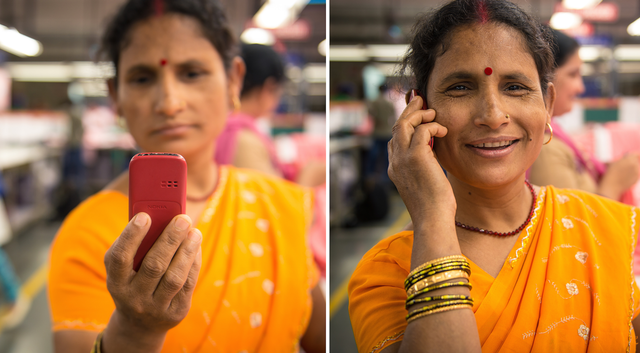
How Humanitarian Organizations Are Closing ICT4D Gender Gaps
Closing the gender gap in digital technology access and usage is a critical challenge that humanitarian organizations are uniquely positioned to address. This disparity not only perpetuates existing inequalities but also hinders the overall progress of societies.
To bridge this divide, humanitarian organizations can implement targeted strategies that increase access to digital technologies for women and girls and promote their active participation in the digital world.
Education and training are fundamental.
Humanitarian organizations can develop and support programs that specifically aim to improve digital literacy among women and girls. This includes not only basic computer skills but also more advanced digital competencies such as coding, digital marketing, and data analysis.
Tailored educational programs can help overcome stereotypes that discourage women from pursuing careers in technology and can empower them with the skills needed to thrive in the digital economy.
Access to technology must be improved.
This involves providing affordable and reliable internet access and digital devices to underserved communities, with a particular focus on women and girls. Humanitarian organizations can work in partnership with governments, private sector entities, and local communities to roll out initiatives that ensure equitable access to technology.
This could include setting up community internet centers, distributing tablets or laptops to female students, or offering subsidized internet plans to low-income families.
Safe and inclusive digital spaces is crucial.
Women and girls often face online harassment and discrimination, which can deter them from fully participating in the digital world. Humanitarian organizations can advocate for policies and practices that protect women online, provide training on digital safety, and support the development of online platforms that are safe and welcoming for women.
Promoting women in STEM and ICT4D careers
Humanitarian organizations can support mentorship programs, internships, and scholarships specifically designed for women and girls in these fields. By highlighting female role models in technology and creating networks of support, these organizations can challenge the gender stereotypes that often limit women’s career choices in STEM and ICT.
Engaging in gender gap policy advocacy.
Humanitarian organizations can play a pivotal role in advocating for policies that support gender equality in technology access and usage. This includes lobbying for gender-responsive budgeting in technology projects, promoting legal frameworks that ensure women’s digital rights, and pushing for the inclusion of women in decision-making processes related to technology.
Examples of Gender Gap Programs
Closing the gender gap in digital technology access and usage requires a multifaceted approach that encompasses education, access, safety, career support, and policy advocacy.
Humanitarian organizations, through their unique reach and influence, can spearhead efforts to ensure that women and girls are not left behind in the digital age, fostering a more inclusive and equitable digital future.











